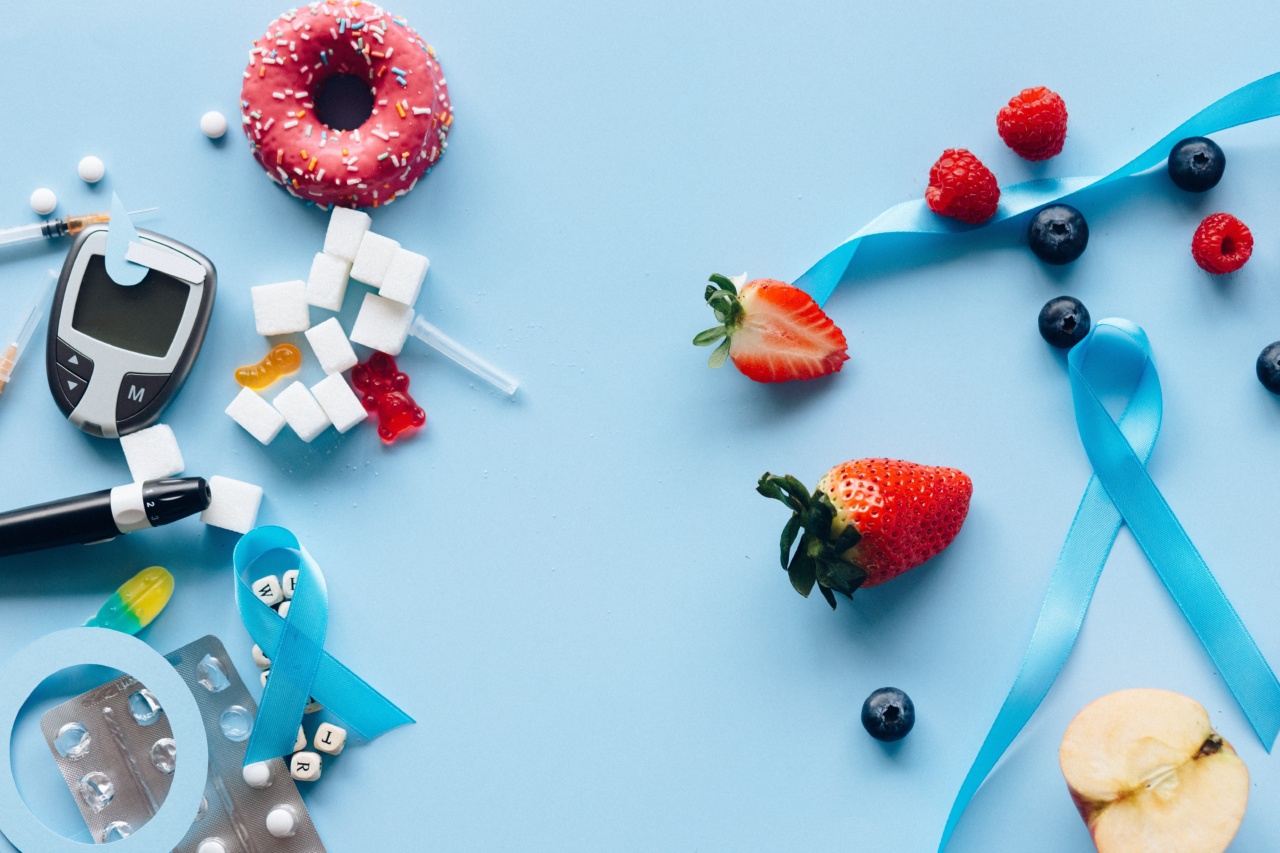As women, it is important to prioritize our heart health through healthy eating habits. Our diet plays a crucial role in maintaining a healthy heart, and there are specific foods and nutrients that can significantly reduce our risk of heart diseases.
In this article, we’ll discuss healthy eating for a healthy heart in women.
1. Consume a variety of fruits and vegetables
Fruits and vegetables are loaded with essential nutrients such as vitamins, minerals, and fiber. These nutrients are vital for maintaining a healthy heart.
Additionally, fruits and vegetables are low in calories, making them an excellent addition to a balanced diet. The American Heart Association (AHA) recommends consuming at least five servings of fruits and vegetables every day. Try incorporating these into your meals:.
- Leafy greens such as spinach, kale, and collard greens
- Berries such as strawberries, blueberries, and raspberries
- Citrus fruits such as oranges and grapefruits
- Cruciferous vegetables such as broccoli, cauliflower, and Brussel sprouts
2. Choose whole grains over refined grains
Whole grains are rich in fiber and other nutrients, which can help reduce the risk of heart diseases. Unlike refined grains, whole grains contain all parts of the grain, including the bran, germ, and endosperm.
Examples of whole grains include whole-wheat bread, oats, and quinoa. Aim to consume at least three servings of whole grains every day.
3. Incorporate heart-healthy fats into your diet
Not all fats are bad for your heart. In fact, some types of fats can help lower your risk of heart diseases. These fats include monounsaturated and polyunsaturated fats.
Nuts, seeds, and avocado are great sources of monounsaturated fats, while fatty fish such as salmon and trout are rich in polyunsaturated fats. Here are some tips for incorporating heart-healthy fats into your diet:.
- Replace butter with olive oil when cooking
- Snack on nuts and seeds instead of processed snacks
- Add avocado to your sandwiches and salads
- Include fatty fish in your diet at least twice a week
4. Limit saturated and trans fats
Saturated and trans fats can raise your cholesterol levels and increase the risk of heart diseases.
Saturated fats are commonly found in animal products, such as meat and dairy, while trans fats are often present in processed foods such as fried foods, baked goods, and margarine. To limit your intake of saturated and trans fats, try the following:.
- Choose leaner cuts of meat and poultry
- Opt for low-fat dairy products such as skim milk and low-fat cheese
- Avoid processed foods such as chips, cookies, and other snacks
- Read food labels and avoid products that contain trans fats
5. Reduce sodium intake
Consuming too much sodium can cause high blood pressure, which is a significant risk factor for heart diseases. Most people consume too much sodium without even realizing it because it is present in many processed and packaged foods.
The AHA recommends consuming no more than 2,300 milligrams of sodium per day. Here are some tips for reducing your sodium intake:.
- Avoid adding salt to your food
- Choose low-sodium versions of packaged foods
- Limit your consumption of processed foods such as canned soups and snacks
- Try using herbs and spices instead of salt to add flavor to your meals
6. Limit alcohol consumption
Drinking too much alcohol can raise your blood pressure and increase your risk of heart diseases. The AHA recommends that women should limit their alcohol consumption to no more than one drink per day.
One drink is defined as 12 ounces of beer, 5 ounces of wine, or 1.5 ounces of distilled spirits.
7. Drink plenty of water
Drinking water is essential for maintaining a healthy heart. Dehydration can cause the blood to thicken, making it harder for it to flow through the arteries, which can increase the risk of heart diseases.
The recommended amount of water intake varies from person to person, but the general rule is to drink at least eight glasses of water per day.
8. Avoid sugary drinks
Sugary drinks such as soda and energy drinks are high in calories and sugar, which can contribute to weight gain and increase the risk of heart diseases. Instead of sugary drinks, try drinking water, unsweetened tea, or low-fat milk.
9. Practice portion control
Eating too much, even of healthy foods, can cause weight gain and increase the risk of heart diseases. Practicing portion control is essential for maintaining a healthy heart.
Use smaller plates, measure your food, and avoid eating in front of the TV or computer, which can lead to mindless eating.
10. Be mindful of your overall diet
Healthy eating is not just about one food or nutrient; it’s about your overall diet. Focus on consuming a variety of nutritious foods, and avoid limiting yourself to specific foods or food groups.
A balanced diet that includes all food groups in the right proportions is essential for maintaining a healthy heart.
Conclusion
Eating for a healthy heart is essential for women of all ages.
A healthy diet that includes a variety of fruits and vegetables, whole grains, heart-healthy fats, and limited amounts of saturated and trans fats, sodium, and alcohol can significantly reduce the risk of heart diseases. Additionally, drinking plenty of water, avoiding sugary drinks, practicing portion control, and being mindful of your overall diet are crucial for maintaining a healthy heart.































